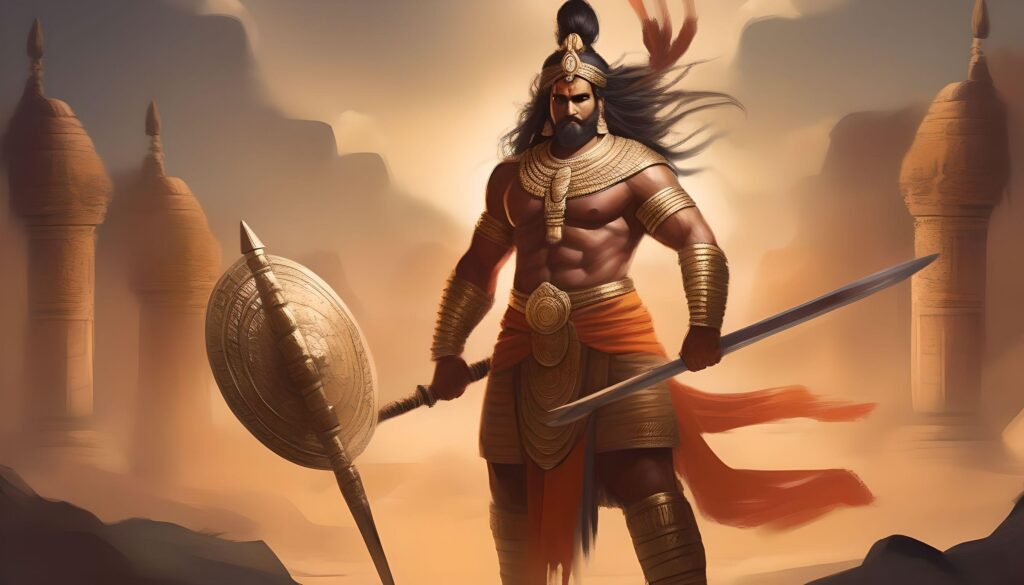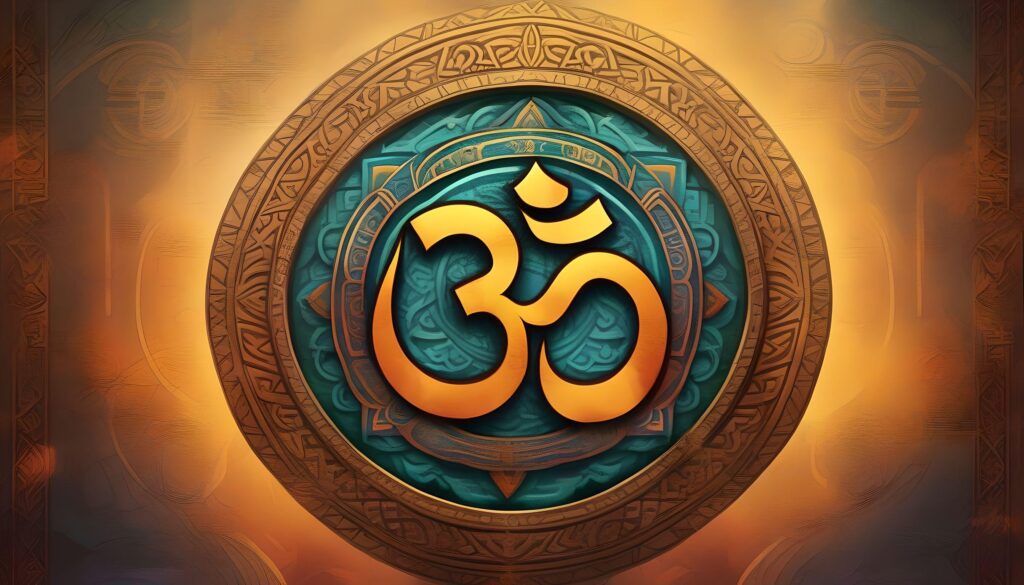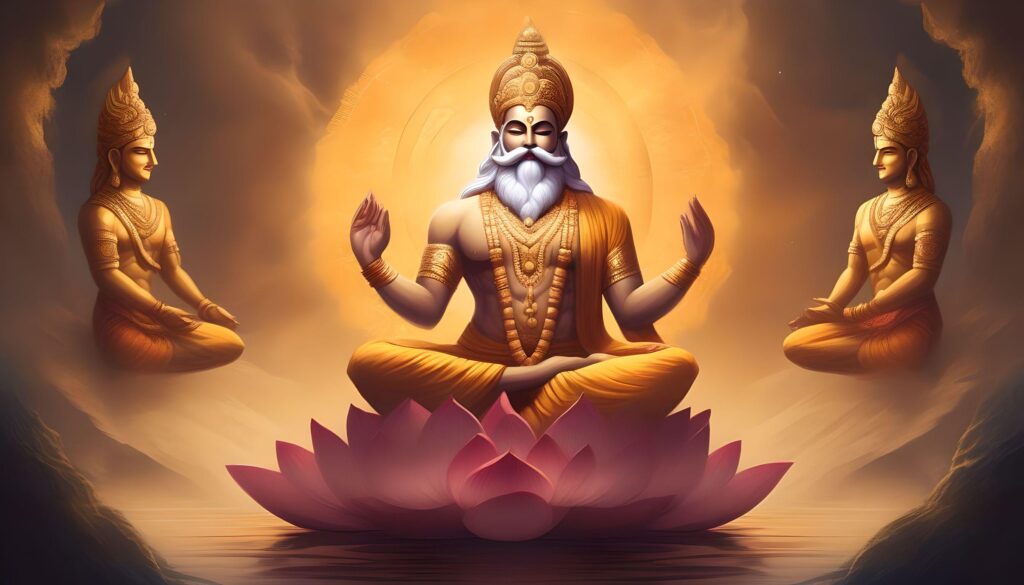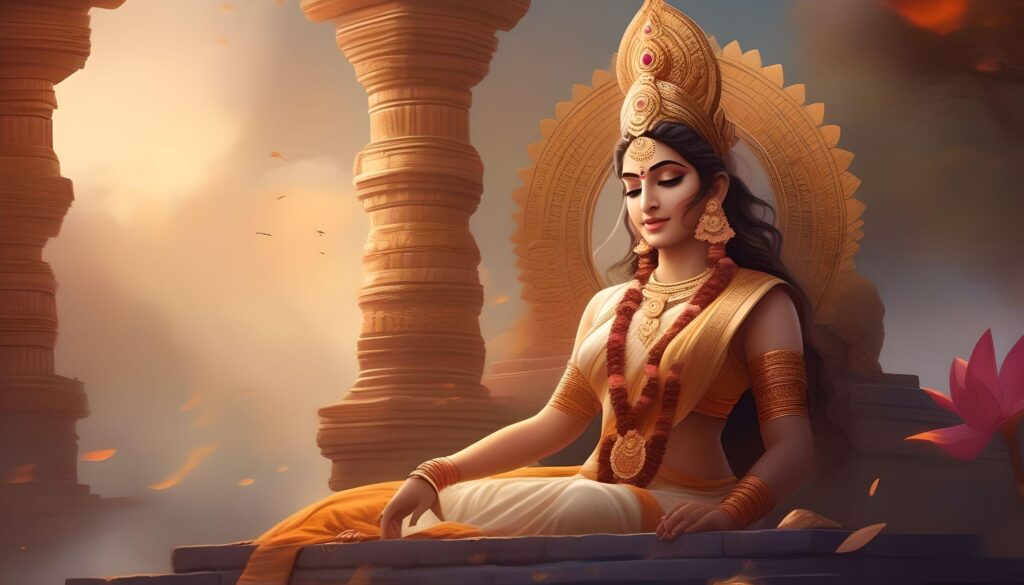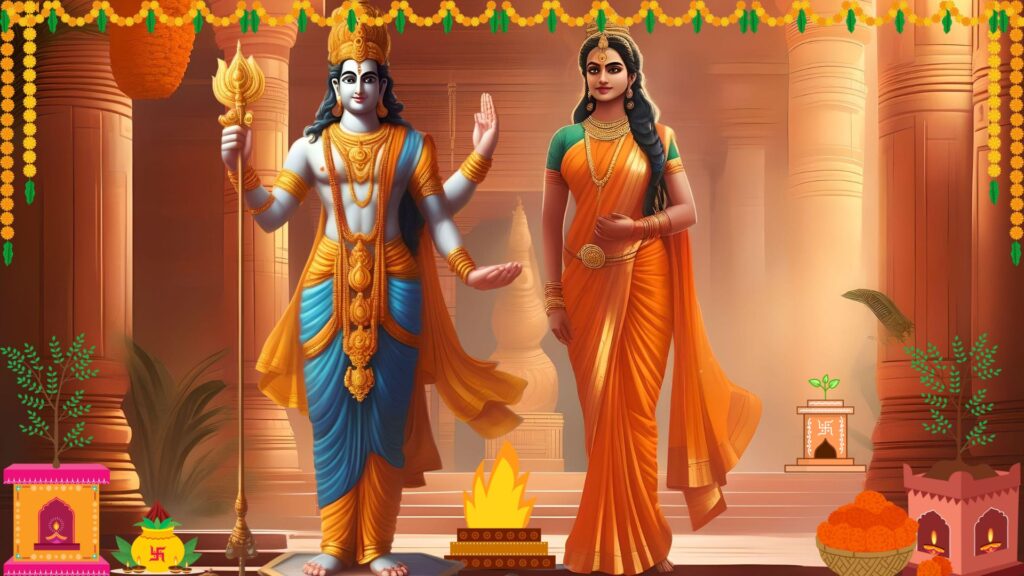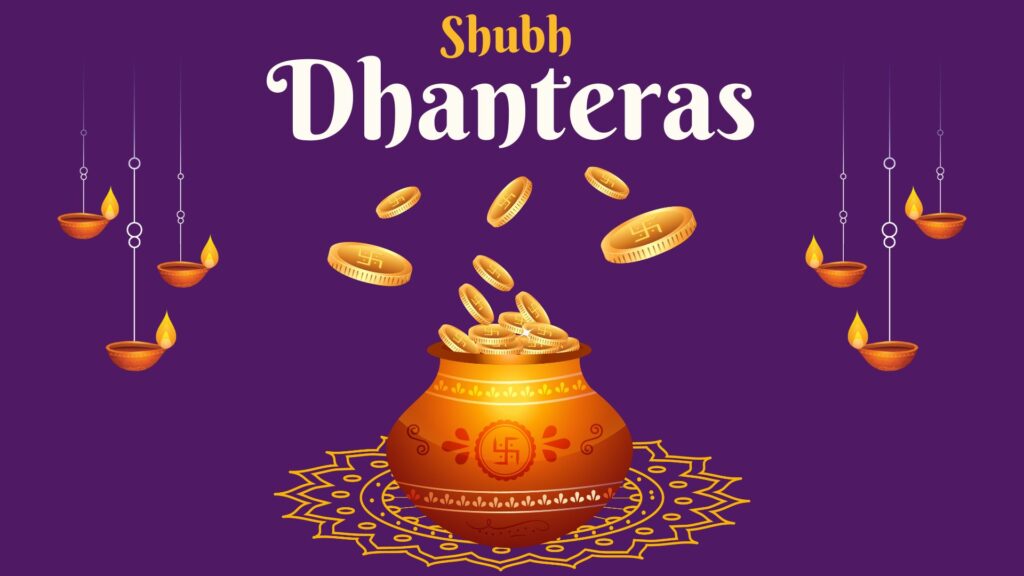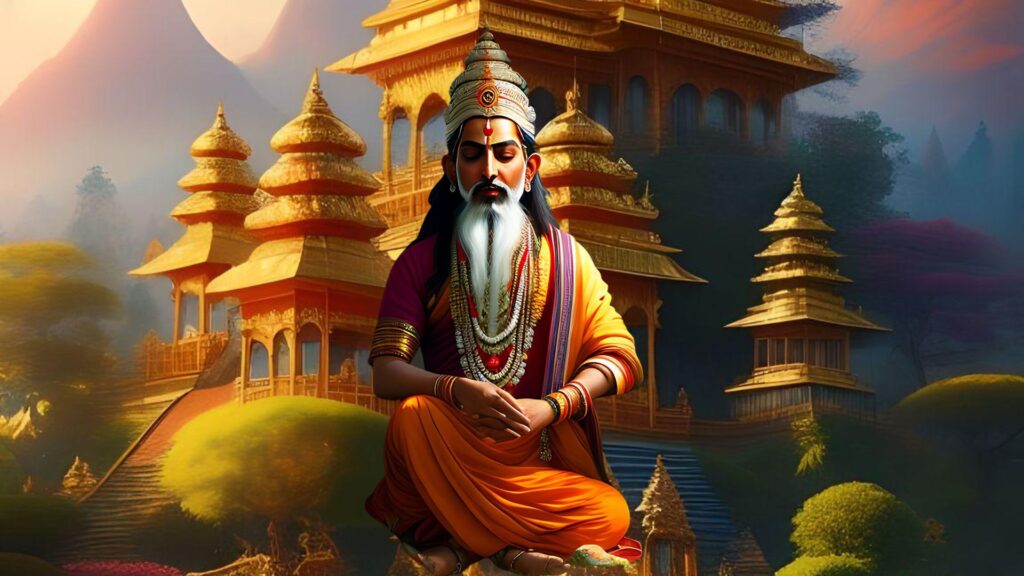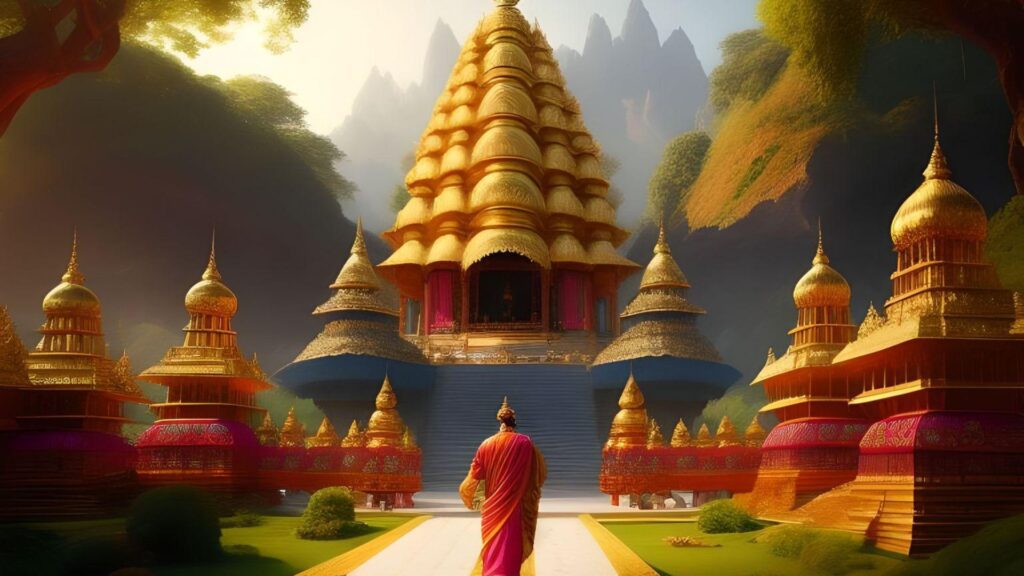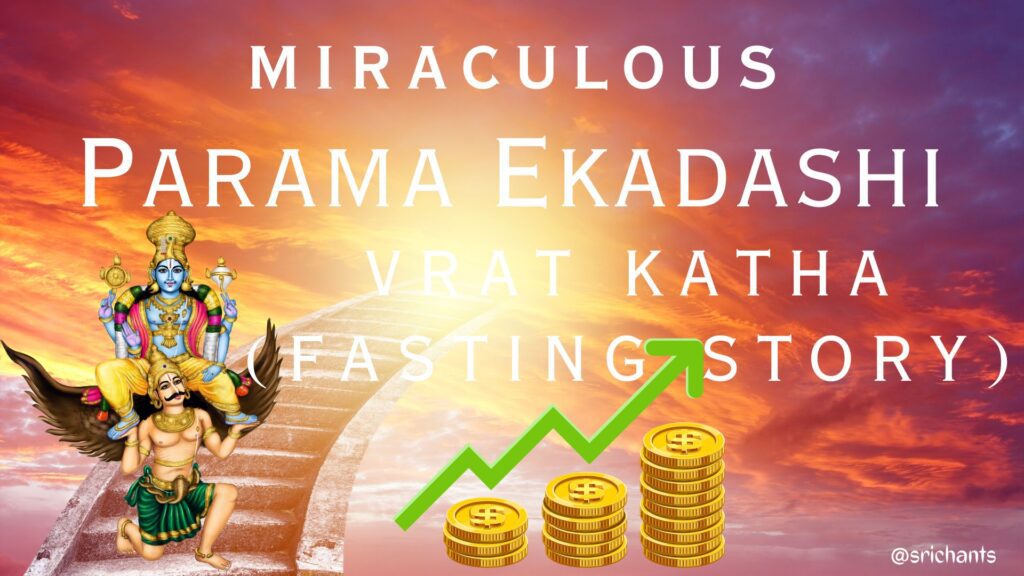Bhishma Ashtami: Honoring the Legendary Warrior
Bhishma Ashtami is a momentous Hindu festival that is entirely devoted to paying homage to the legendary warrior Bhishma Pitamah, an individual of critical importance in the epic Mahabharata. The eighth of the Shukla Paksha occurs on this auspicious day in the month of Magha. It is a time when Hindus gather to commemorate Bhishma’s devotion and sacrifice by paying their respects to him. Numerous rituals commemorate the occasion, such as fasting, Tarpan (offering), and worship. This article will provide an in-depth analysis of the history, significance, and commemoration surrounding Bhishma Ashtami, thereby illuminating the profound influence that Bhishma’s life and teachings had.
The Legend of Bhishma Pitamah
Bhishma Pitamah, Ganga Putra Bhishma, and Bhishma Pitamah were alternative names for the eighth offspring of King Shantanu and Goddess Ganga. Conspicuous from infancy, Bhishma displayed exceptional attributes that would ultimately determine his fate. By studying martial arts and warfare under the tutelage of great philosophers, he developed into an unconquerable warrior. Bhishma exhibited incredible devotion and allegiance to his father, going so far as to perform a significant sacrifice for his own contentment.
Shantanu, the father of Bhishma, is said to have developed an affectionate regard for Satyavati, a fisherwoman. It was suggested by Satyavati’s father that the heir apparent to the throne should be the progeny of their union. Upon becoming aware of this circumstance, Bhishma vowed celibacy, thereby relinquishing his claim to the throne. Thus, he acquired the moniker Bhishma, which translates to “terrible oath.” His unwavering devotion and altruistic deed toward his father garnered him profound admiration and respect.
The Significance of Bhishma Ashtami
Bhishma Ashtami is a day of profound cultural importance in Hinduism. It is a day devoted to commemorating and honoring the sacrifice of Bhishma Pitamah. The festival is scheduled to occur during the Uttarayan, a time of great blessings when the sun initiates its northward trajectory. Bhishma, cognizant of the profound spiritual implications of this moment, opted to postpone his demise until the commencement of Uttarayan.
Bhishma Ashtami observance is regarded as a means to acquire immeasurable merits and favors. Devotees engage in Tarpan and worship on this day in order to appease Bhishma and request his divine intervention. It is said that the observance of these rituals on this day will cleanse them of one of their faults and advance their progress toward salvation. Furthermore, Bhishma Ashtami is correlated with the eradication of Pitru Dosha, an illusory state that has detrimental implications for an individual’s ancestral blessings and lineage.
Celebrating Bhishma Ashtami: Rituals and Customs
Bhishma Ashtami is widely observed and anticipated with profound devotion and fervor throughout various regions of India. The festival is of particular importance in the state of Bengal, as it is the site of elaborate pujas and rituals performed in reverence of Bhishma. Nevertheless, followers hailing from various regions unite in observance of this auspicious day.
1. Ekodishta Shraddha
An important element of Bhishma Ashtami is the commemoration of Ekodishta Shraddha. This ceremony is performed in his honor and in an effort to obtain his blessings. This ritual can only be performed by those who have lost their fathers, as per traditional beliefs. Nevertheless, certain communities deviate from this regulation and permit all individuals to engage in the worship service.
2. Tarpan and Ancestor Worship
Devotees congregate along the margins of rivers on Bhishma Ashtami to offer Tarpan, a ceremonial sacrifice in honor of their forebears and Bhishma Pitamah. Tarpan consists of the ceremonial act of pouring water and making offerings of sesame seeds and boiled rice in order to seek the blessings of the deceased. It is believed that by performing this ritual, salvation and serenity will be bestowed upon both the performer and their ancestors.
3. Bhishma Ashtami Snan (Holy Bath)
A sacred bath, referred to as Bhishma Ashtami Snan, is an essential component of the celebration. Early in the morning, devotees purify themselves prior to embarking on visits to adjacent rivers or other revered bodies of water. As an act of devotion and purification, they submerge themselves in the sacred water and present steamed rice and sesame seeds to symbolize their offering.
4. Fasting and Vrat
A fundamental component of Bhishma Ashtami is fasting. Throughout the day, devotees observe a rigorous fast, refraining from the consumption of food or water. Fasting is regarded as a method of bodily and mental purification that enables devotees to seek Bhishma Pitamah’s blessings and establish a connection with the divine. Evening activities include the supplications and presentation of offerings.
Teachings of Bhishma Pitamah
In addition to being an extraordinary warrior, Bhishma Pitamah possessed a sagacious and virtuous nature. Yudhishthira, the eldest of the Pandava siblings, was bestowed with invaluable teachings by Bhishma during his last days on the bed of arrows. These teachings encompass enduring wisdom and offer direction for living a morally upright and gratifying existence. Several pivotal teachings can be gleaned from Bhishma Pitamah:
- Forgiveness and Peace: Bhishma underscored the criticality of relinquishing ire and engaging in the act of forgiving. His teaching emphasized that retaining resentment will only result in unrest, and that forgiveness is the key to attaining genuine serenity.
- Completion of Tasks: Bhishma placed considerable emphasis on the criticality of fulfilling obligations and duties. It is detrimental and unbalanced to one’s existence to leave tasks unfinished. He strongly encouraged people to pursue perfection in every undertaking.
- Detachment and Balance: It was discouraged by Bhishma to develop an excessive attachment to material possessions or relationships. He underscored the importance of equilibrium and detachment, arguing that an overabundance of attachment can impede one’s spiritual development and result in distress.
- Dharma as a Priority: Dharma, or righteous obligation, was the highest priority in Bhishma’s life. He emphasized the significance of maintaining moral and ethical standards despite obstacles and temptations.
- Hard Work and Compassion: Bhishma advocated for the virtues of diligence, laboriousness, and the safeguarding of others. He underscored the importance of demonstrating empathy and providing assistance to individuals who require it.
Conclusion
Bhishma Ashtami is a revered Hindu festival that commemorates the sacrifice of the legendary warrior Bhishma Pitamah. The festival is of great cultural importance in Hinduism, as it is observed by devotees who fast and perform rituals in an effort to obtain blessings and spiritual merits. The life and teachings of Bhishma Pitamah persistently motivate and direct individuals towards the path of righteousness. In observance of Bhishma Ashtami, let us contemplate his virtuous attributes and endeavor to emulate the good deeds that he modeled.
Bhishma Ashtami is a day dedicated to commemorating and honoring Bhishma Pitamah, the quintessence of devotion and selflessness. Devotees pursue his blessings and endeavor to develop a morally upright and gratifying existence by engaging in practices such as worship, Tarpan, fasting, and introspection regarding his teachings. In recognition of the eminent warrior Bhishma Ashtami, may we embrace her essence and pay homage to her legacy.
#bhishmaashtami #bhishma #ashtami #BhishmaPitamah #Bhishma #Pitamah #Warrior #Legendary #Shraddha #Ekodishta #Ancestor #Tarpan #Worship #mantra #worship #warrior
